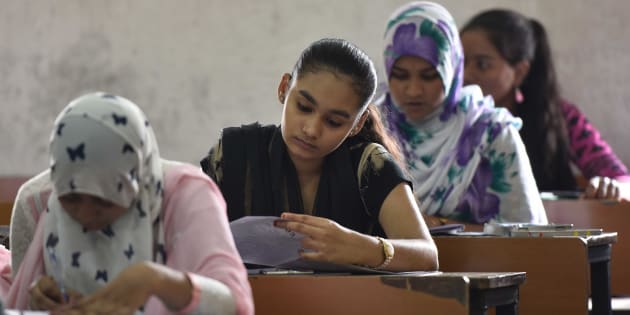Dear Dr Kasturirangan,
As the former chairperson of the Indian Space Research Organisation (ISRO), I’m sure you are no stranger to shouldering big responsibilities. Even then, your current responsibility, as the head of the panel to draft the National Education Policy, perhaps dwarfs everything else. Because it has the power to transform India.
It is much easier to improve the position of the last-ranking child in the class by quite a few notches, compared to one who already comes in the top five!
Reforming education in India sounds like a problem of enormous scope, like battling a multi-headed hydra. However, it is essentially a low-hanging fruit. India’s school education ranks as one of the lowest all over the world based on the international tests like PISA or TIMMS. Universities that are held in high regard in India, like the universities of Calcutta or Mumbai, rank in the range of 700-800 in the world university rankings. But that’s exactly why small changes can have big impact. After all, it is much easier to improve the position of the last-ranking child in the class by quite a few notches, compared to one who already comes in the top five!
The last-ranking child does not immediately need the best teacher in the world, the most comprehensive textbooks, the whole range of extra-curricular activities. Similarly, our policy too, does not have to aim for the elusive theoretical perfection. Instead, you could consider focusing on a few concrete steps which can immediately make a difference:
1. Make board exams skill-based
We Indians can do anything if exams demand it. Instead of the rote-learning-based board exams, if we test basic reading and problem-solving skills, most schools and teachers will find a way to teach reading and thinking!
2. Create a SAT-like common entrance exam after the 12th standard
Instead of the plethora of exams conducted by various places, we should aim for a single entrance examination. That will reduce the burden on the students. A skill-oriented exam like SAT will get the students to focus on the skills of reading, writing, thinking and problem solving.
Even IITs and other engineering colleges should have a SAT-like exam. They are already suffocating under the weight of Kota-trained engineers with low social skills and awareness who study physics, chemistry and math from 6th standard at the exclusion of every other field.
3. Banish the affiliation system, rank the schools instead
Our affiliation systems are outdated. They judge schools by input rather than output. The focus is on classroom sizes, number of teachers, number of library books etc. Instead, we simply need to judge the schools by results. We can possibly take two nationwide aptitude tests, one in class III and another in class VI, and rank the schools based on both the absolute results and the improvement produced during the three-year period.
4. Let the invisible hand rule
Market forces, rather than detailed regulations, spur organisations to provide quality service. Privately held, profit-seeking firms try to provide good service because they would otherwise lose customers and money. Why can’t we let our schools also function that way? If we have periodic aptitude tests and rank schools accordingly, we neither need to regulate the inputs (e.g. classroom sizes, teacher salaries) or the fees.
“Commercialisation of education” is not an evil force to be afraid of—it could be the magic wand we need to drive up quality.
If a school is low-ranked yet charges too much money, no parent will send her child there. Education boards do not need to regulate input and fees, the market will. “Commercialisation of education” is not an evil force to be afraid of—it could be the magic wand we need to drive up quality.
5. Abolish the requirement for a B.Ed degree
Most Indian boards have B.Ed as a mandatory requirement to become a teacher. This requirement is laughable. People who have been successful in other fields, who could have really taught our children the skills needed in the 21st century, are not welcome in our schools. Imagine, our ex-president APJ Abdul Kalam or Infosys founder N R Narayana Murthy would not be eligible to teach in our schools!
**
That’s the crux of my proposal—make exams skill-based, let market forces drive education, let talent flow into teaching from all spheres of life. Education is supposed to be a preparation for life, so let successful people from all walks of life participate in it.
 Techosta Where Tech Starts From
Techosta Where Tech Starts From
